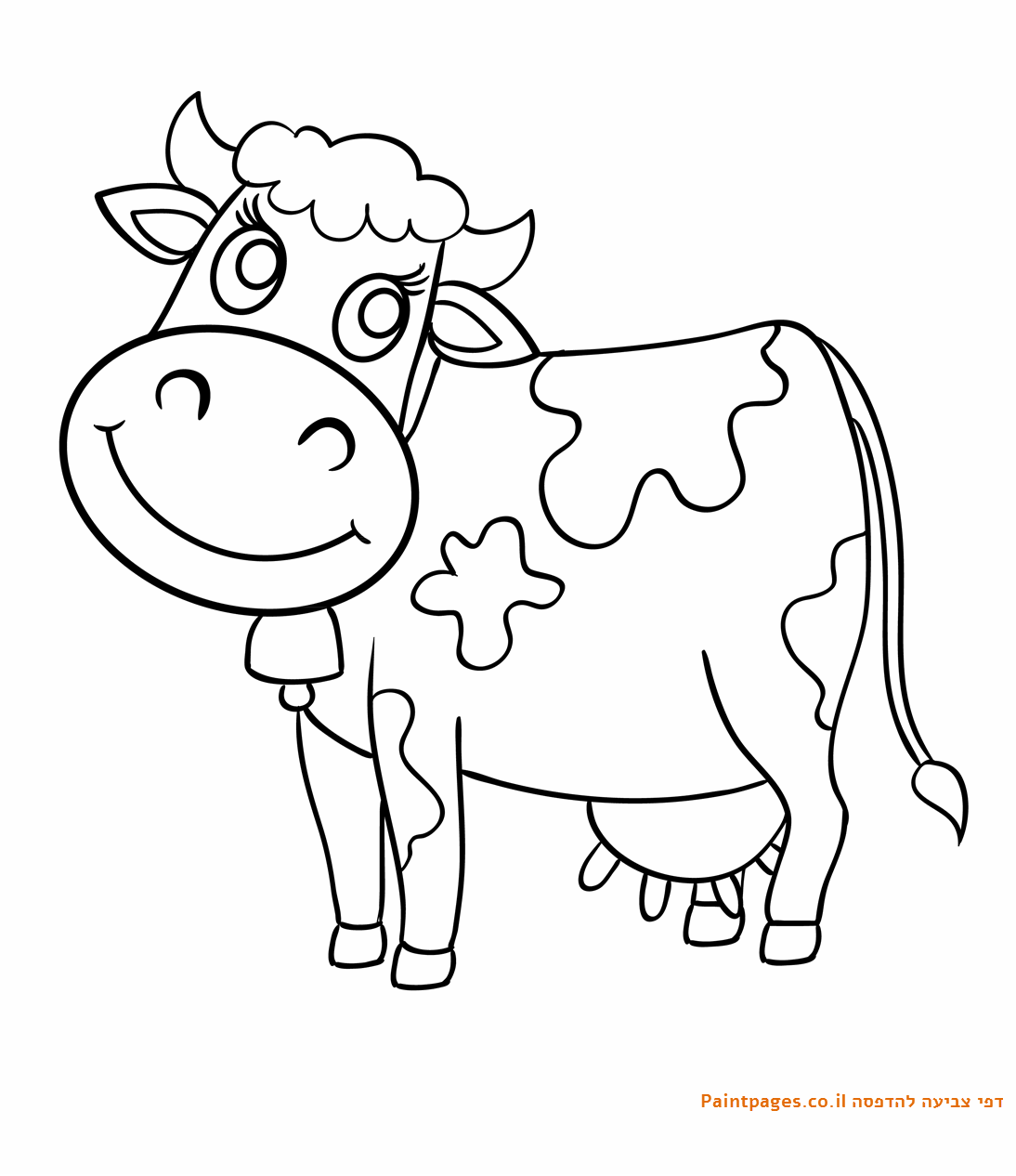Painting is a form of art that allows individuals to express their creativity and emotions. One fascinating subject to paint is a cow, which is not only a common sight in many rural areas but also holds cultural significance in various parts of the world. In this article, we will explore the art of painting a cow, specifically focusing on the technique and tips to create a stunning masterpiece. The first step in painting a cow is selecting a suitable reference photo. Look for a high-resolution image that captures the essence of the cow's features, such as its gentle eyes, unique markings, and overall proportions. A well-lit photo with clear details will greatly assist in recreating the cow's appearance on canvas. Before starting your painting, gather all the essential materials. You will need a canvas, brushes of various sizes, acrylic or oil paints, palette, palette knife, and a container for water or paint thinner, depending on your chosen medium. Be sure to use high-quality materials to achieve the best results. Begin by lightly sketching the basic outline of the cow on your canvas using a pencil. Pay attention to the proportions and positioning of the various body parts. This initial sketch will serve as a guideline for the subsequent painting process. Start by blocking in the background of your painting. Consider using muted colors or a complementary color to the cow's coat to create a visually appealing contrast. Apply the paint in thin layers, gradually building up the desired intensity and texture. Once the background is complete, move on to adding the base colors to the cow. Observe the reference photo carefully and mix the appropriate shades using your chosen medium. Apply the base colors with broad brush strokes, focusing on capturing the cow's unique patterns and markings. After the base colors have dried, it's time to add the finer details and highlights to bring the cow to life. Use smaller brushes and a steady hand to paint the intricate features, such as the eyes, nostrils, and fur texture. Pay close attention to light and shadow to create a three-dimensional effect. Take a step back and assess your painting. Look for areas that need refinement or additional details. Make necessary adjustments to ensure the overall composition is visually balanced and pleasing to the eye. Don't be afraid to experiment and add your unique artistic touch. Once you are satisfied with the main elements of your painting, it's time to add the final touches. This may include fine-tuning the colors, adjusting the contrast, or adding additional highlights to enhance certain areas. Take your time and carefully evaluate each aspect before declaring your painting complete. Painting a cow can be a rewarding and enjoyable artistic endeavor. By following the steps outlined in this article, you can create a stunning representation of a cow that showcases your artistic skills. Remember to practice patience and have fun throughout the process, and soon you will have a masterpiece that captures the beauty and charm of these gentle creatures.Introduction
Choosing the Right Reference Photo

Gathering the Necessary Materials
Sketching the Cow

Layering the Background
Adding Base Colors
Adding Details and Highlights

Refining the Painting
Adding Final Touches
Conclusion




